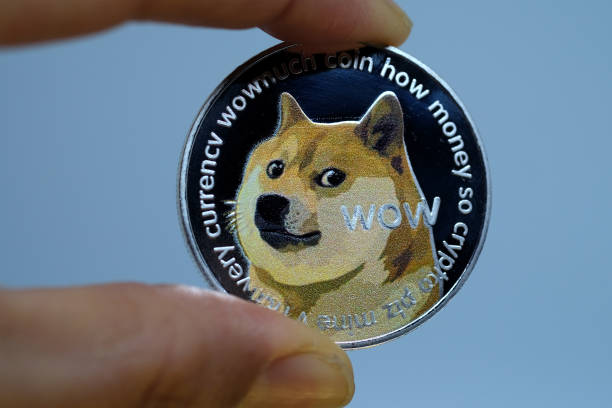SMEs are the cornerstone of economic development. In most countries, they provide the platform for job creation and economic growth. Therefore, any product or system designed to encourage the entrepreneurial adventure of SMEs or simplify the business environment may as well be recognized as a solution to a global problem.
Difficulties in traditional funding
Loans and external funding are essential in the development of SMEs. However, the risk of not meeting up with the obligations of loan repayment makes it somewhat difficult for banks to do business with them.
CEO and Founder of WishFinance, Eugene Green says:
“Small businesses play a significant role in the modern economy, as they hire more people, pay more taxes, strengthen their local communities and eventually propel the growth of the economy. However, SMEs consistently report access to capital being one of the most important factors of success, as getting unsecured business loans still remains a large issue for them. In fact, SMEs are the most underbanked business category worldwide and Asia Pacific is the region with the least banked SMEs in most of the countries.”
The factors that may hinder an SME from fulfilling its loan repayment obligations may include the competition of breaking into an existing market and the inability to achieve set targets by these startups. Such factors, among other reasons, may cause banks to be reluctant in issuing loans to such SMEs.
Decentralized lending platforms
Blockchain lending platforms are becoming popular across the industry and are being embraced by a lot of small businesses. These platforms do not require the kind of strenuous processes that is associated with bank procedures, neither demand collaterals from customers.
According to Green, WishFinance is offering merchant cash advances and business loans with fair interest rates based on the company’s real cash flow, not assets. It has direct access to POS terminals infrastructure to see real-time financial transactions, which it combines with the local market data for scoring.
However, like every novel project in the developmental stage, there is still the element of skepticism among members of the public towards lending systems that exist on completely decentralized platforms.
There are always questions with regards to the sustainability and security of such programs, especially as some foul players within the community always take advantage of emerging innovations to defraud unsuspecting or desperate individuals.
The sustainability of Blockchain lending
CEO of Never Stop Marketing, Jeremy Epstein thinks that the idea of Blockchain lending platform is genuine and sustainable. However, he notes that it will be a while until people figure out how to avoid getting scammed or being downright unprofitable.
Epstein elaborates that having a community token-based model where the credit score of loan companies is affected by the creditworthiness of the people in their network is potentially the kind of business model innovation we will see in the future.
In addition, he notes that projects like LAToken.com where you can take your illiquid assets and tokenize them will help SME find new ways to unlock capital from hard assets.
Epstein also identifies SALT Lending to give SMEs the chance to secure loans against crypto assets, giving them many more options to build their business. He concludes:
“At this point, it is difficult to bet on one single winner, but the trend is there because there is friction in the existing market and Blockchain tech helps remove the friction from intermediary-laden processes.”










